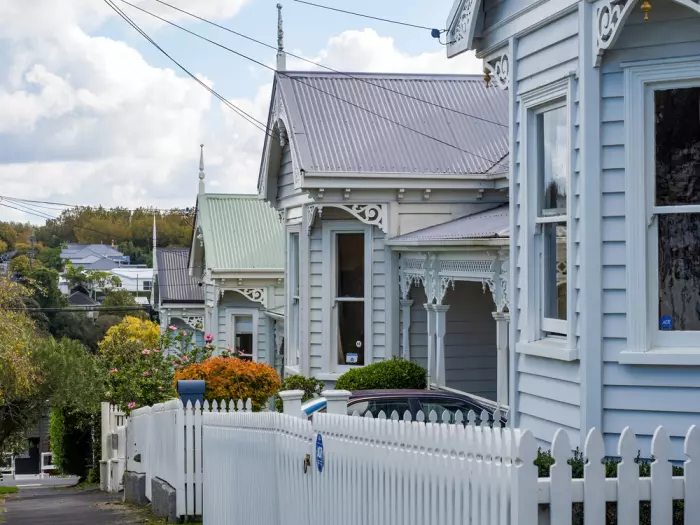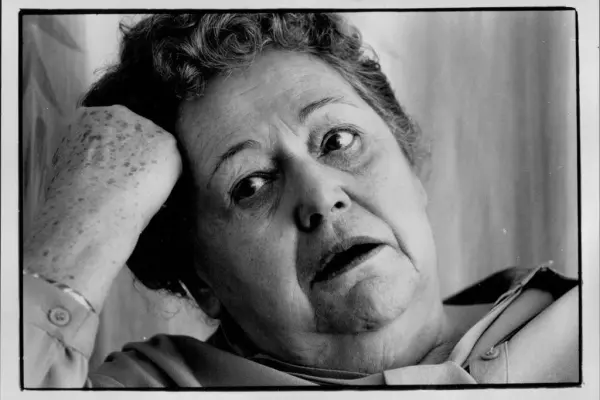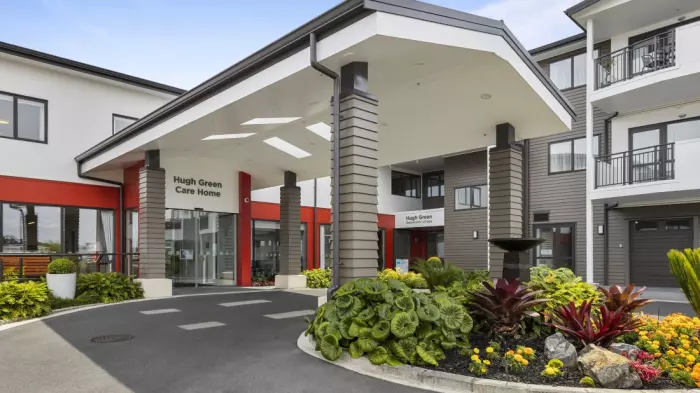House price inflation slowed to 23.3% in December from 27.2% in November but was cycling the 17.2% annual increase in December 2020.
However, the number of properties sold in December fell a sharp 29.4% to 6,755 from 9,573 in December 2020, despite the number of properties available for sale jumping 28.7% to 16,773 from 12,932 in December 2020.
On a monthly basis, prices fell 1%, although they were up 4.2% in the three months ended December, according to the Real Estate Institute's house price index.
"Commentary from agents across the country suggest market headwinds are gathering strength," the institute said.
Among the headwinds, the Reserve Bank has raised its official cash rate twice last year to 0.75% and had also tightened loan-to-valuation restrictions several times through 2021.
The government also removed interest deductibility for landlords.
"We are noting signs of deceleration in annual price growth compared to previous months. While the market remains confident, the impact of rising interest rates, tighter lending criteria and changes to investor taxation restrictions are starting to shift dynamics," said institute chief executive Jen Baird.
“In particular, the introduction of the Credit Contract and Consumer Finance Act (CCCFA) on Dec 1 – which requires stricter scrutiny of borrowers’ financial health – seems to have had an immediate effect. Feedback from several regions notes a falloff in buyer numbers, particularly first-time buyers, as a result," Baird said.
“Over 2022, the impact of these changes and anticipation of further interest rate increases are likely to play out in the market, leading to a gradual slowdown in the pace of price growth,” she said.
The median number of days it took to sell a house in December rose by two to 29, another indicator that the market is cooling.














